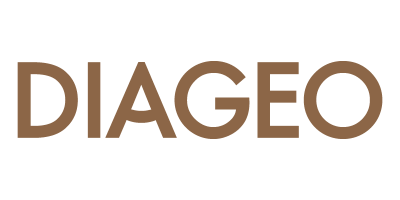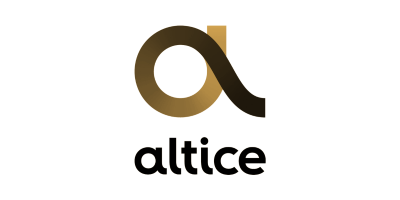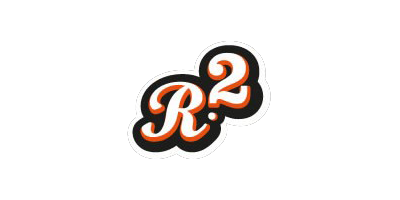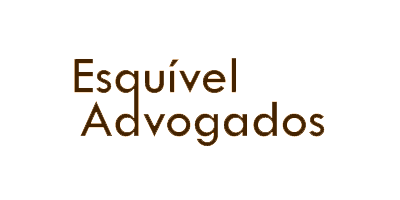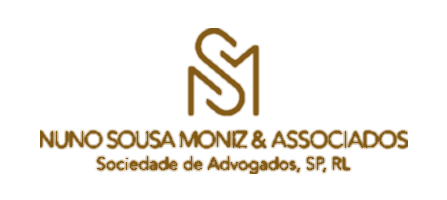
Maximizing Event Success With Professional Conference Interpreters
Imagine you're organizing a high-profile international conference with participants from around the globe. The success of your event hinges not just on the content, but on how well that content is understood across language barriers. That's where professional conference interpreters come into play. They're not just translating words; they're conveying cultural nuances, ensuring that every participant, regardless of their native language, stays on the same page. It's a critical role that can elevate your event from good to unforgettable.
But how do you ensure you're leveraging their skills to the fullest? There's more to it than just hiring someone who's bilingual; it's about understanding their role, the preparation involved, and how they can seamlessly integrate into your event to enhance communication. Stick around to discover the key strategies for maximizing your event's success with the aid of professional interpreters, ensuring your message isn't just heard but truly understood.
Key Takeaways
- Conference interpreting is crucial for seamless communication in multilingual events.
- Professional interpreters play a vital role in ensuring accurate understanding and efficient communication.
- Selecting the right interpreter involves considering the specific needs of the audience and event setup.
- Preparing speakers and providing adequate technical setup are essential for maximizing the success of multilingual conferences.
Understanding Conference Interpretatingon
To truly grasp the essence of conference interpretatingon, it's essential to understand that it acts as a bridge, ensuring seamless communication across diverse linguistic landscapes.
The importance of interpretation accuracy can't be overstated; it's the cornerstone of effective dialogue in multilingual conferences. Professional interpreters play a critical role in this context, helping businesses avoid costly mistakes and embarrassment in front of an international audience. By facilitating clear communication, they ensure that all participants are on the same page, thus preventing misunderstandings.
Moreover, the benefits of multilingual conferences extend beyond mere conversation facilitation; they provide invaluable market insights from global stakeholders. This level of access is pivotal for businesses looking to thrive in the global marketplace, highlighting the indispensable role of conference interpretation in international business success.
The Role of Professional Interpreters
Ensuring accurate understanding and efficient communication in business dialogues, professional interpreters play a crucial role. Their expertise not only helps convey ideas smoothly but also maintains the dialogue's pace, preventing costly errors in front of large audiences. Interpreters' qualifications are extensive, often including in-depth knowledge of specific subjects matters, which enables them to accurately convey messages, bridging cultural gaps and facilitating compliance with multilingual regulations. This is pivotal in global business environments.
Benefits of professional interpreters include:
- Easier conveyance of complex ideas
- Prevention of misunderstandings in crucial dialogues
- Access to valuable global insights through effective communication
Their role is indispensable in ensuring that every participant, regardless of linguistic background, has access to clear and comprehensible information.
Selecting the Right Interpreter
When selecting the right interpreter for your event, it's crucial to consider the specific needs of your audience and the nature of the presentation.
First, identify whether simultaneous or consecutive interpretation fits your event size and style. Understanding the language pairs required and the number of interpreters needed ensures effective communication.
Consider the event setup and technology necessities for in-person or remote interpreting. Remember, remote simultaneous interpretation can be more cost-effective and accessible in some cases.
Qualities of a skilled interpreter go beyond fluency; cultural competence and accreditation from reputable institutions like the European Commission, among others, play plays a significant role in interpretation.
Starting early, choosing an interpreter with these qualities, and providing them with necessary materials in advance are keys to a successful event.
Preparing Speakers and Content
For a seamless delivery at your event, it's essential you provide interpreters with event materials in advance, allowing speakers to adjust their speech and presentationsdelivery for effective interpretation. Speaker training is crucial in this phase to ensure clarity and cultural sensitivity in communication.
Here are key points to consider:
- Encourage speakers to speak at a pace conducive to interpretation, avoiding slang and opting for clear, concise language.
- Highlight the importance of cultural sensitivity, advising against metaphors and idioms that mightn't translate well.
- Educate speakers on the role of interpreters to foster a collaborative environment for successful multilingual communication.
Technical Setup for Interpretation
To navigate the complexities of language barriers at your event, it's vital to understand the technical setup required for interpretation.
Depending on your event's format, whether it's in-person or remote, the setup and interpreting equipment vary significantly.
For on-site events, you'll need to allocate space for interpreting booths and ensure hardware interpreting consoles are in place. This setup considers the audience and speaker locations to facilitate seamless communication.
On the other hand, remote interpretation requires interpreters to have access to laptops, a stable internet connection, and specialized software designed for this purpose.
Understanding these requirements is key to ensuring effective communication across language barriers, making your event more accessible and inclusive.
Enhancing Participant Engagement
Understanding the technical setup for interpretation lays the groundwork for effective communication at your event; now, let's focus on how you can enhance participant engagement through various strategies and tools. Engaging attendees isn't just about delivering content; it's about fostering an environment where participant involvement is paramount. This involves creating opportunities for active participation and ensuring everyone can contribute, regardless of language barriers.
To hook your audience:
- Utilize interactive sessions like Q&A panels and group discussions to encourage open dialogue and contribution.
- Implement cutting-edge technology, such as live polling and interactive apps, for real-time feedback and participation.
- Offer varied networking opportunities and social events, creating a dynamic environment that promotes interaction and connection.
Evaluating Event Impact
Evaluating the impact of your event is key to determining its success and guiding future improvements. Measuring effectiveness involves understanding how well your objectives were met and assessing the return on investment. Gathering feedback from attendees and stakeholders is crucial.
This feedback analysis provides insights that are invaluable for making future events even better. Utilizing key performance indicators (KPIs) such as attendee satisfaction, engagement levels, and post-event actions allows for a precise measurement of impact. By analyzing this data, you'll gain a clear understanding of your event's influence and identify areas that need enhancement.
Frequently Asked Questions
What Are the Three Key Qualities of a Professional Interpreter?
You're seeking a unicorn, but they exist! A professional interpreter's key qualities include unmatched language proficiency, deep cultural sensitivity, and exceptional subject matter expertise. They're not just bilingual; they're bicultural bridges in communication and have unique brain skills that allow them to be able to perform.
When Working With an Interpreter What Three Things Should You Do?
When working with an interpreter, you should provide relevant materials in advance for speaker preparation, speak clearly to respect cultural nuances, and collaborate on a glossary. This ensures accurate and respectful communication.
What Are the Benefits of Professional Interpreters?
Professional interpreters offer you language accessibility and cultural sensitivity, ensuring everyone's on the same page. They prevent misunderstandings, bridge cultural divides, and build trust, making your global interactions smoother and more effective.
How Do You Work Effectively With an Interpreter?
To work effectively with an interpreter, provide detailed briefings and understand cultural nuances. Communicate your goals clearly, be patient, and listen actively. These steps ensure accurate translations and foster a smoother, more productive collaboration.











